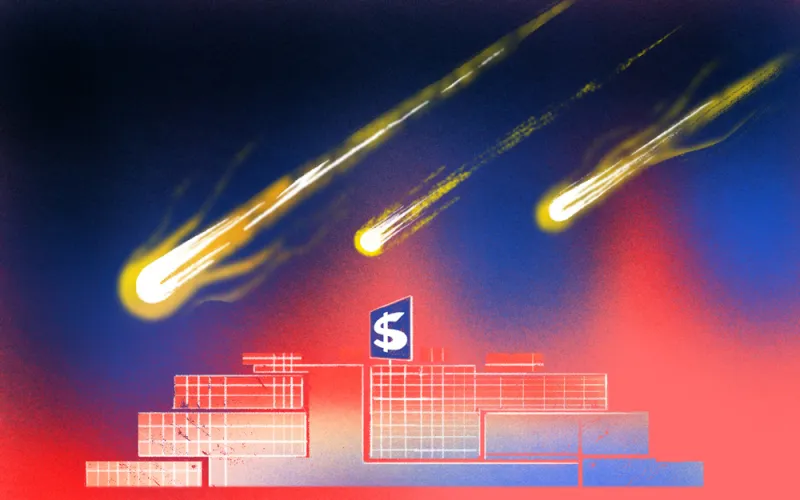Researchers are calling the past ten years “the lost decade” for hedge funds, as faltering performance has spurred allocators to take their assets elsewhere.
Hedge fund managers have stumbled amid increased competition from mutual funds, tighter regulations, and strong markets, according to a recent paper by Tilburg University professor Joseph McCahery and Alexander de Roode, a quantitative investment researcher at Robeco Asset Management. “Hedge funds seem less attractive to investors seeking other low-cost alternative investment strategies,” they said in the paper.
Their research found the growth rate of hedge fund assets over the past ten years has slowed to 8.4 percent annually, from 20.3 percent between 2000 and 2010. What’s more, hedge fund liquidations recently have exceeded the number of new funds in the industry, according to the paper.
Regulators globally have been pushing for more stringent rules for investment firms, presenting a challenge for hedge funds traditionally relying on “minimal disclosure policies” and longer lockup periods to invest in illiquid and “exotic” strategies, they said. Some hedge fund offerings now resemble new mutual fund strategies, making their higher fees less attractive to investors, according to the paper.
And while hedge funds are traditionally expected to outperform in bearish markets, the research shows that it isn’t exactly the case. “In terms of investment styles, the two most dominant styles — event-driven and long/short equity — have not been able to perform when equity markets go down,” McCahery and de Roode said in the paper.
Their analysis of hedge fund strategies found that a hedge fund index, an equity long/short index, an equity market neutral index, an event-driven index, and global macro all had losses during down markets from 2010 to 2019. While event-driven, multi-strategy and global macro had stronger performance during bear markets from 2000 to 2009, the researchers still labeled them as “non-performing.”
[II Deep Dive: The Great Hedge Fund Retreat]
The strategies that do perform well during down markets include managed futures, bank risk premia, convertible arbitrage index, and merger arbitrage strategies, the researchers found. Meanwhile, mutual funds with liquid alternative strategies may provide a good substitute for managed futures in the hedge fund industry, according to their paper.
“While the trend of downward fee pressure in asset managed industry has also affected hedge funds, competition from liquid alternatives will continue to put pressure on fee levels,” wrote McCahery and de Roode.







